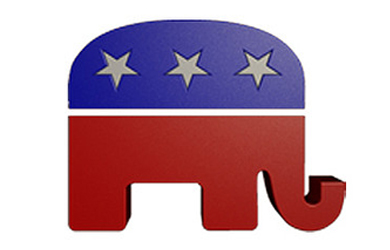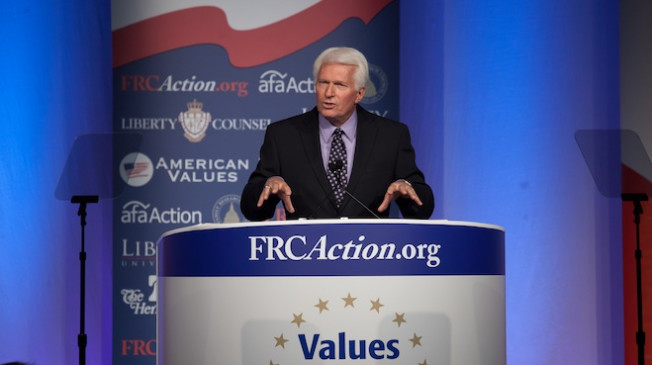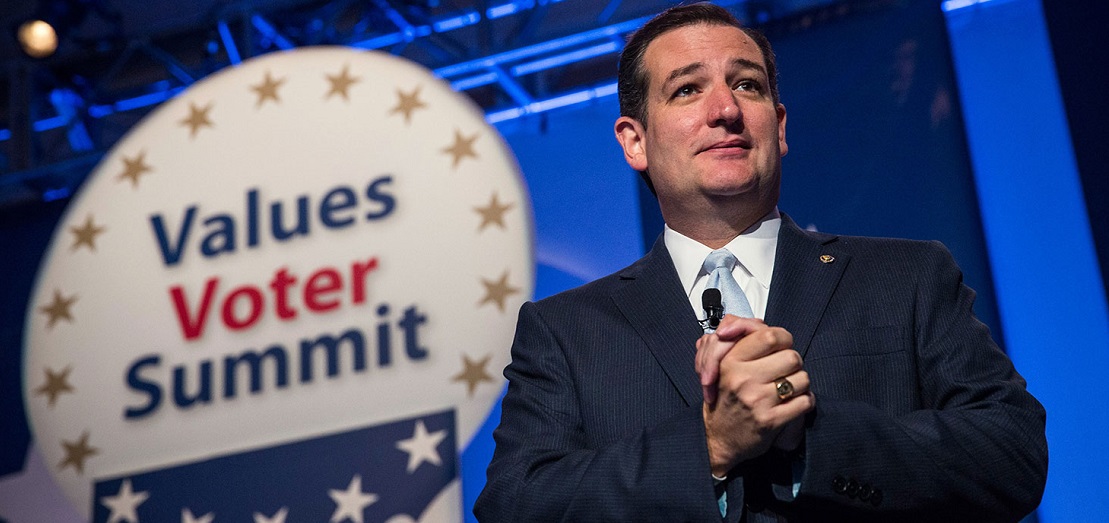Last week we mentioned the suit that has been filed by Michael Newdow, the American Humanist Association, the Freedom From Religion Foundation, and others seeking to remove the phrase “so help me God” from the oath of office during the Inauguration when we noted Rick Scarborough calling it borderline suidical.
The oath, as set out in the Constitution, reads:
“I do solemnly swear (or affirm) that I will faithfully execute the office of President of the United States, and will to the best of my ability, preserve, protect and defend the Constitution of the United States.”
Yet the conventional explanation of the addition of the phrase “so help me God” is that it was added by George Washington … but as it turns out, there is no historical evidence that that is true. In fact, as far as anyone has been able to determine, the phrase wasn’t added unitl 100 years and 20 presidents later:
Beth Hahn, historical editor for the U.S. Senate Historical Office, concurs. “The first eyewitness documentation of a president saying ‘So help me God’ is an account of Chester Arthur’s Sept. 22, 1881, inauguration in the New York Times,” she said Wednesday.
Presumably, had the Founding Fathers wanted the phrase included in the oath, they would have added it – but they didn’t. Therefore, you’d think this issue would be a no-brainer for a group like the Alliance Defense Fund, which claims it is dedicated to upholding the “original intent” of the Constitution,
Of course, you’d be wrong:
Jordan Lorence and his Alliance Defense Fund organization fight for religious rights in court. Lorence told CBN News he thinks Newdow’s suit is groundless.
…
“If a judge were to agree with Michael Newdow that he has a right to basically expunge any Christian references from the public scene, it would be a horrendous shift in thinking about the establishment clause,” Lorence predicted. “That instead of the government not forcing people to believe certain ways, it would mean that there’s a right for the village atheist to silence everybody from saying anything about God in public.
“It would marginalize Christians and other believers,” he continued. “It would be totally upside-down and opposite of what the founding fathers intended.”
So the phrase is nowhere to be found in the Constitution and, in fact, didn’t find its way into the oath for more than a century – yet, to remove it, according to self-described advocates of “original intent,” would be an insult to Christians and the Founding Fathers.








